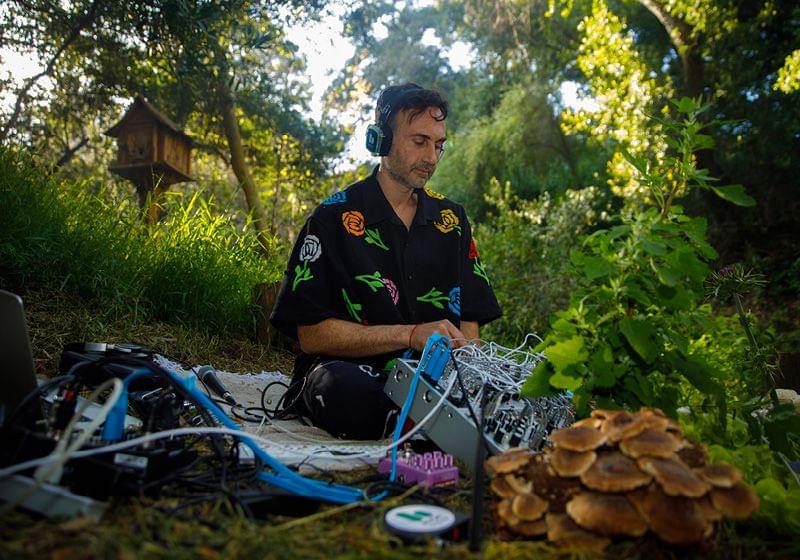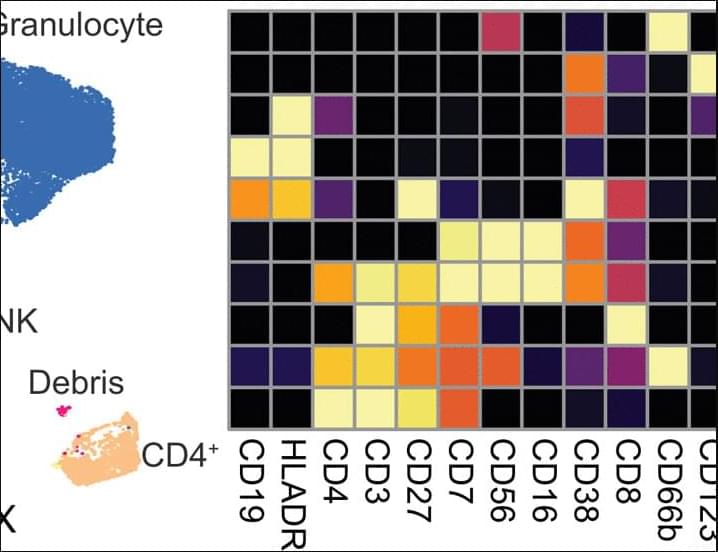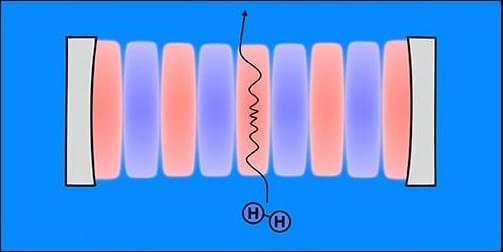Life Boaters! I could use a great favour from you! Please buy a copy of my new book “Why Space? The Purpose of People” ASAP and leave me a good review (if you like it — if not — send me a sternly worded letter!) If you love it, buy a bunch and give them to every geek and nerd on your list.
I’m getting great reviews! Rod Roddenberry said I’m channeling the great captains of Star Trek, Dr. Greg Autry (future NASA CFO) called me the “godfather of commercial space.” Of course, you can bet those went on the cover — and now I have to buy them dinners for the rest of my life, but not too bad!
Look, there’s a lot of misinformation out there about the Real Space Revolution. I straighten some of that out — from the inside.
But my primary goal is to give those in the “cause” language to explain why they are in this, and perhaps even to supply those who will go out there to open the High Frontier with the words they need to stay strong as they do.
In the book, I chronicle how people like some of you gave me Permission to Dream about doing what I do now. Something for which I will be forever grateful.
Help me — help you — help us. Buy the book! Read the book! Share the book!
(The audio version comes out in a week or so)








